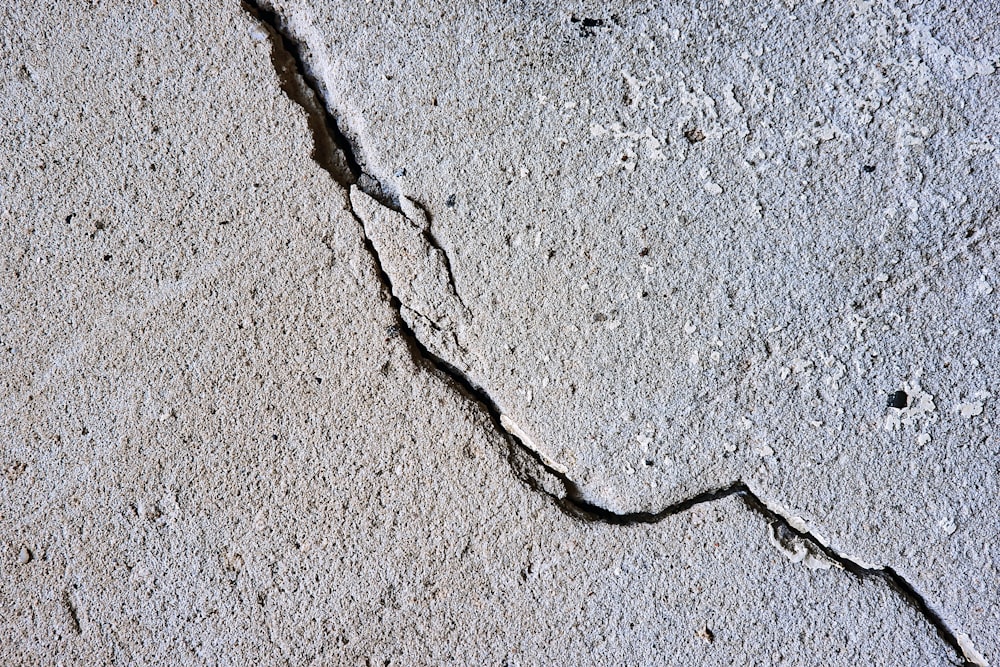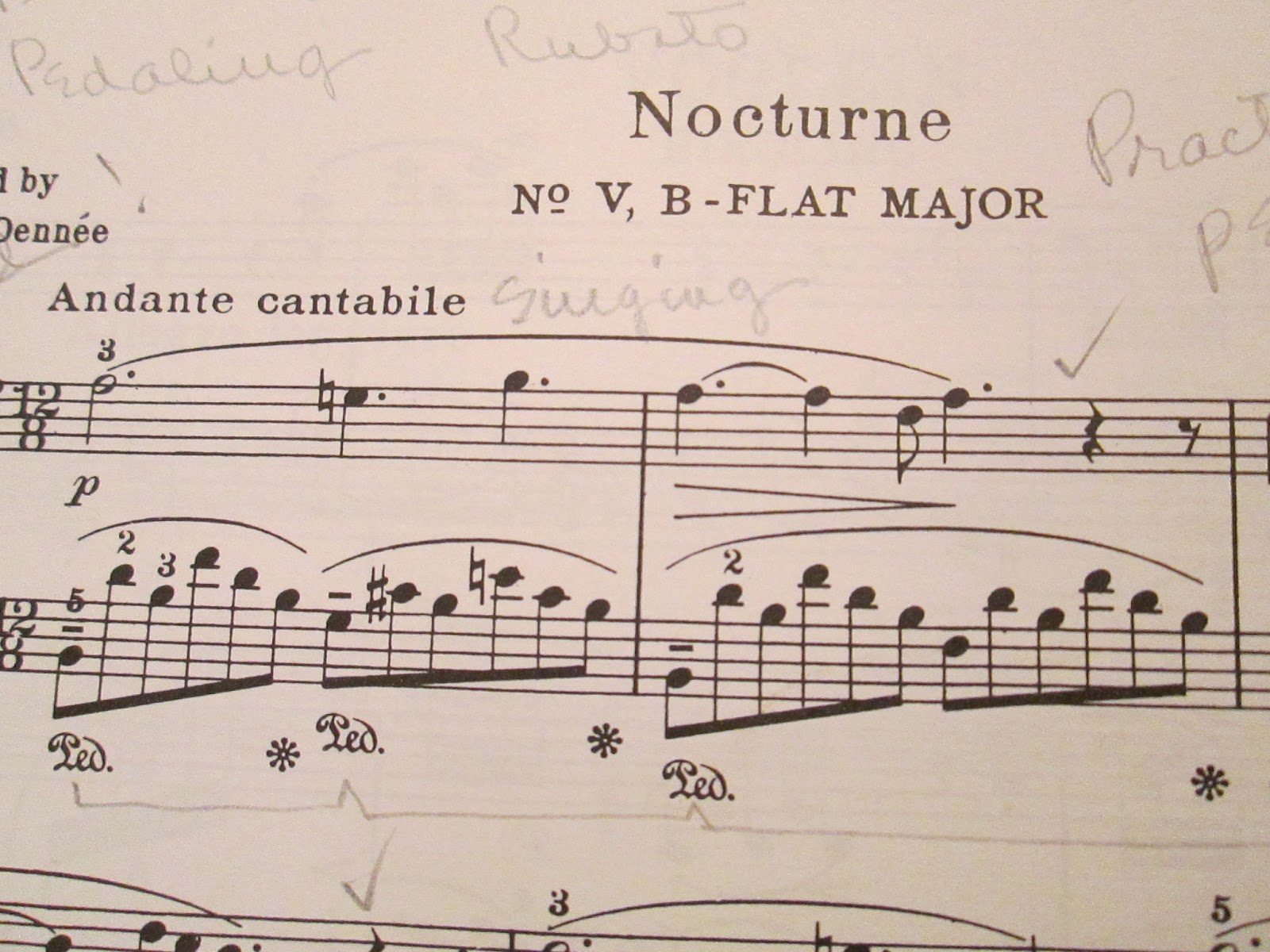| Photo by Aaron Burden on Unsplash |
Yesterday I was talking with a sort of mentor who has listened to me over the past couple of years, and I asked what advice he would have for me going forward, since I'm not sure how much more our lives will intersect.
His response: "I think you will regret it someday if you don't start writing. Writing something. Your blog, a book, whatever. I think you'll be sorry if you don't do more of that, get yourself back into it."
So, because I respect his thinking, nearly half a year after I wrote about the possibility and the power of always beginning anew, here I am on my blog, beginning anew.
I had started a post sometime in the time between January and now, to share the poem below as a way of expressing what this year so far has been like. After the January New Year's post, a good chunk of my free time was spent helping a special person in my life by proofing and editing their master's thesis. Once that was done, the free time was spent traveling to visit friends out of town as well as hosting a friend from out of town. Oh, and both a personal retreat and a group retreat. A pretty full month.
By the end of February it was becoming clear that life was about to be hit by the novel coronavirus, and March ushered in the reality of that with all its unsettling dynamics. I was closely watching the news coming from Italy, with daily death counts and pictures of coffins the stuff of surreality. We had beloved people in Bergamo, the hot spot, who became ill with flu symptoms.
Normal life here began closing down. I stocked up on groceries. Started seeing my clients through a screen. Learned that someone I had had lunch with the first week of March, had been exposed to people who had tested positive, so I stayed in for over two weeks straight just to be careful.
 |
| Photo by Andrew Buchanan on Unsplash |
Then one Sunday morning I woke and found a text message, "Croatia had an earthquake." It was March 22, and until I could get more details later that morning, I had no idea if people we knew were okay or not. We were so thankful to learn that as bad as it was, it could have been much worse. Then that same week two different friends in Croatia were hospitalized with serious problems.
March was an apocalyptic sort of time for everyone. Writers have been using that word to refer to the pandemic, not so much as an "end of time" word, but in the literal sense that an apocalypse is an unveiling of reality, pulling away the props and curtains we have in place in what we think of as normal life. We've been able to see serious cracks and crevices and crooked places as the veil has been pulled away. It's been a painful time in many ways.
In early April a very dear friend died. I'm sure I'll write more about that later.
Then near the end of May began the events that led up to the ongoing protests and all the difficult and painful realities and the accompanying emotions intertwined with that part of our country's story.
All to say that even though I had thought I'd be writing more in 2020, it was as if my mind went into survival mode. All my energy was needed to just keep taking the hits, as it were, and keep up the necessary functioning, working with clients and occasionally teaching for our class at church (via Zoom), learning to teach piano through a screen, helping a group tasked with making decisions about when and how our church might return to some kind of meeting in person. (We have not yet.)
The early days of the pandemic often took me back to Croatia, to the early days of the war in 1991. It was uncanny how many emotional memories I had during March. Of course a virus spreading around the world was very different from a war starting, but I repeatedly had intuitive flashes, my body and mind making connections back almost 30 years to those feelings of uncertainty, fear of the unknown, the hope that maybe it wouldn't be as bad as some predicted, the hard realization of how bad it could really be. The way time slowed down. The sense of isolation. Small things like the grocery store shelves emptying. Much bigger things like the wondering who would survive and who would be lost. Weeping at scenes of death coming through the media.
One night I sat at the piano and wept as I realized that it could be many months, possibly a couple of years, before I would sing in a chorus again. Certainly not the greatest suffering of the situation, but it represented so much more than what might seem to some a simple hobby.
Since the third grade, I have kept some kind of journal. It started in a little green diary with a lock and key and has gone on to fill bound books of various sizes and shapes, with rarely a week between writings, and sometimes daily writing for significant periods of time.
But for the years that I lived in Croatia, I have nothing in writing beyond letters and occasional notes in a planner that I've found in my desk there. I did no journaling for three full years.
I think the past few months have been something like those three years. The mind can only do so much, and my mind hasn't had the energy or ability to put things in writing.
"Poetry is the spontaneous overflow of powerful feelings; it takes its origin from emotion recollected in tranquillity," said William Wordsworth. My dear English teacher used to emphasize the importance of the "recollected in tranquillity" part of that process; one's best writing doesn't tend to come completely spontaneously, but requires some distance for reflection and a sort of absorption and assimilation. And sometimes writing at all seems to require some distance.
Perhaps I'll share one day a poem I did actually compose in those early days, before the virus had clearly arrived in our area. But for now I will share a poem by someone else. I've shared this poem with many of my clients over the years, people struggling when life events have taken them so far from what they had called normal before. I don't recall where I came across it, but since then I've learned more about its author and just love it all the more for the life behind the words.
We've all lost some of our Normal since I last wrote on this blog. I hope that anyone reading this has been able to hold on to enough Normal to keep you anchored in the midst of all the change. And I hope you'll find some courage and strength in this poem, especially when you consider the writer, whose life you can learn more about via the link at the end.
About Normal
Right now,
I don’t know whatNormal
Anymore.
That’s becauseNormal
So much,
So often,
Lately.
For a long while of lately.
I’d likeNormal
Okayness.
Good health…
Emotional health,
Medical health,
Spiritual health.
I’d likeNormal
Like that.
For now though,
I know thatNormal
For a little while…
But somehow,
Sometime,
Even if things are not Normal,
They’ll be okay.
That’s because I believe
In the great scheme of things,
And Life.
May 2001
Right now,
I don’t know what
Anymore.
That’s because
So much,
So often,
Lately.
For a long while of lately.
I’d like
Okayness.
Good health…
Emotional health,
Medical health,
Spiritual health.
I’d like
Like that.
For now though,
I know that
For a little while…
But somehow,
Sometime,
Even if things are not Normal,
They’ll be okay.
That’s because I believe
In the great scheme of things,
And Life.
May 2001
From the book Hope through Heartsongs, written by Mattie J.T. Stepanek, a 10-year-old “poet and peacemaker” who died from a rare form of muscular dystrophy. He started writing poems when he was five to allow his mom to “see what was inside of him” and he continued to write up until his death at age 13.
https://www.daily-journal.com/opinion/the-faith-of-mattie-stepanek/article_cbb29c1d-4af3-5ee1-89b6-5dc782705ccd.html
























































